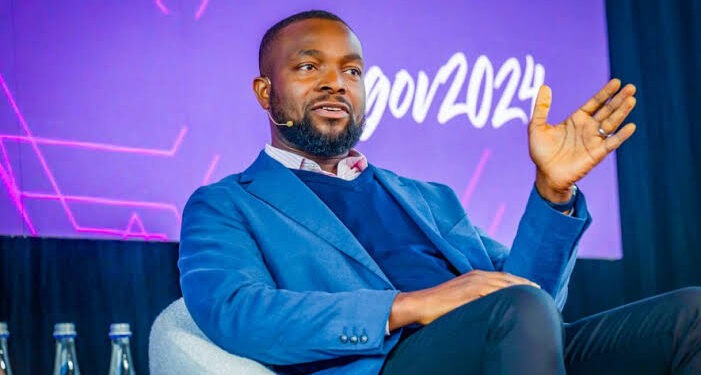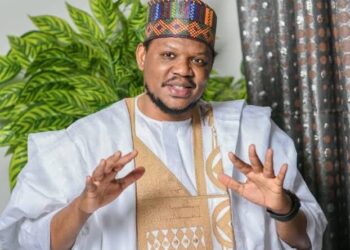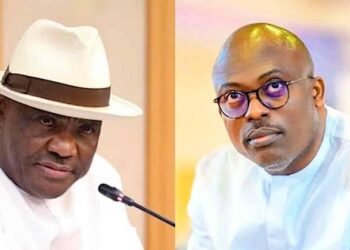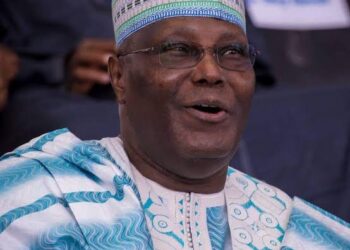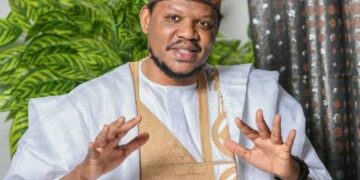Nigeria is betting strongly on artificial intelligence to achieve President Bola Tinubu’s $1trn economy target by 2030.
Minister of Communications and Digital Economy Bosun Tijani emphasized that AI is central to Nigeria’s economic transformation strategy.
Recently, Tijani was named in TIME magazine’s 2025 list of the 100 most influential AI figures.
The list included Tesla CEO Elon Musk and OpenAI chief Sam Altman, showing Nigeria’s growing role in global AI innovation.
He stressed that Nigeria’s national AI strategy, research programs, and foreign tech partnerships reflect a clear commitment to progress.
Tijani explained that over 120 Nigerian experts collaborated on the long-term framework for responsible AI deployment.
National Strategy and Global Recognition
Tijani declared that this recognition validates Nigeria’s capacity to lead in inclusive AI-driven productivity worldwide.
He noted that the National Economic Council has endorsed the framework guiding the country’s $1trn economy ambition.
Nigeria has started piloting AI solutions in healthcare, agriculture, education, and financial inclusion, with promising early results.
Partnerships with Google and the Gates Foundation provide mentorship, resources, and funding support for local AI innovators.
Building an AI Ecosystem
To sustain momentum, Tijani unveiled the AI Collective, a network of researchers funded by Luminate, a global philanthropic group.
Additionally, the AI Trust will oversee national investment, ensuring AI delivers economic impact and social development benefits.
“Our goal is ensuring AI drives innovation and contributes directly to President Tinubu’s $1trn economy vision,” Tijani stressed.
He added that Nigeria is building technical talent to establish a strong AI ecosystem with government and private sector support.
Challenges to Implementation
However, Nigeria’s weak infrastructure remains a significant obstacle to this ambitious AI-driven economic target.
The country generates less than 6,000 megawatts of power, insufficient for its 200 million population and growing businesses.
Additionally, inflation surpassing 22% has raised telecom costs, limiting internet access for millions of Nigerians nationwide.
Experts argue that without addressing these structural issues, Nigeria’s $1trn AI ambition risks becoming another unfulfilled dream.


